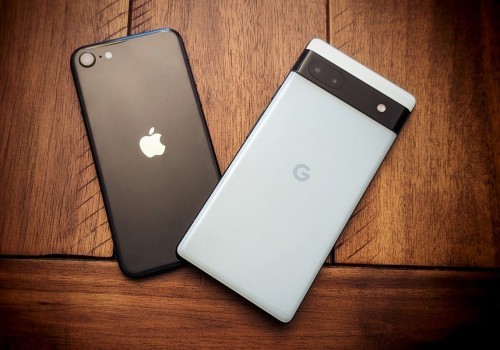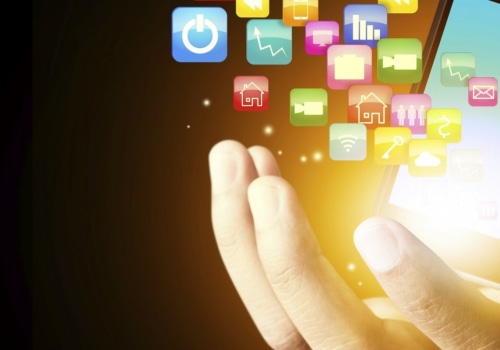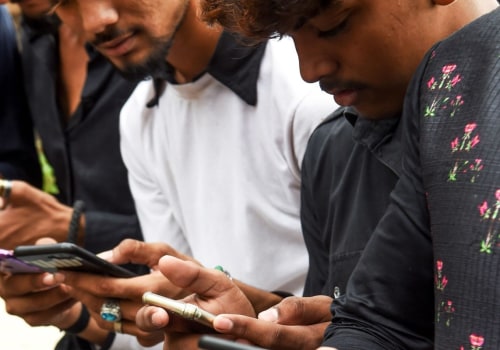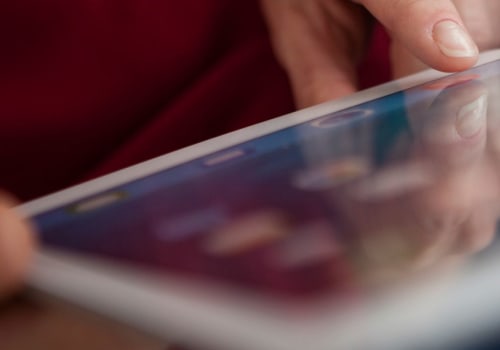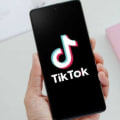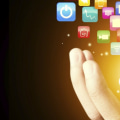If you're looking for apps to download and run on your iPhone, you'll want to head to the App Store. This digital distribution platform offers computer software called applications, often in a mobile context. On the other hand, if you're looking for a new iPhone, iPad, or MacBook, you'll want to visit the Apple Store. Applications provide specific functions that don't include the operation of the computer itself.
They are usually designed to work on a specific operating system, such as iOS, MacOS, Windows, or Android. All software in app stores is officially approved by the store operator. For example, Apple inspects all software in the macOS and iOS app stores, and Google inspects all software in the Play Store. The code for each application is reviewed to ensure that it does not contain malware or viruses and complies with other guidelines for the user's device.
Outside of China, Apple and Google control more than 95 percent of the app store's market share through iOS and Android, respectively. Both mobile operating systems originally came with some pre-installed apps, but they quickly launched app stores, allowing third-party developers to publish apps and games. System-level protections prevent an application from accessing other applications' data without your explicit permission. An executive board led by Apple's senior vice president of marketing, Phil Schiller, meets every week to discuss controversial apps or other iPhone software programs that may violate Apple's App Store guidelines.
Reviewers compare the app to Apple's public App Store guidelines, such as making sure that it runs without crashing and that it's not full of illegal content. Any application or update that runs on an iPhone needs a human seal of approval in order to be distributed on the Apple App Store. Applications managed by the ERB are sometimes applications that could be dangerous to Apple in terms of advertising or other reasons. For example, last year, the ERB and Schiller made the decision to ban the Infowars app from the App Store for violating content policies after publishing threats to a journalist.
Reviewers often examine the app on a connected iPad, even if it's an iPhone app. The app review process has gained in importance as Apple increasingly emphasizes its App Store services as a source of revenue and iPhone security as a key selling point. If you're having trouble downloading or updating Things from the Apple App Store, you can try this. In China, several app stores have emerged due to Android not being available in the country.
These include MyApp by Tencent, Huawei App Market, the OPPO software store, and more. Apple may continue to operate in China with its app store, although the Chinese government regularly sweeps the store to remove apps and games.
